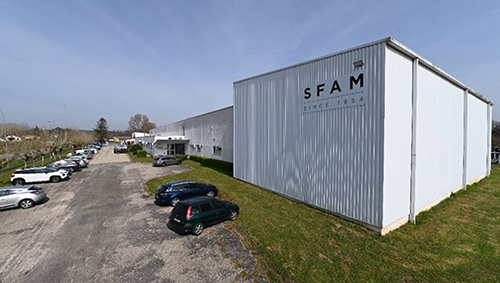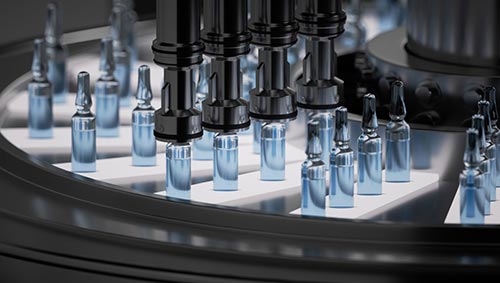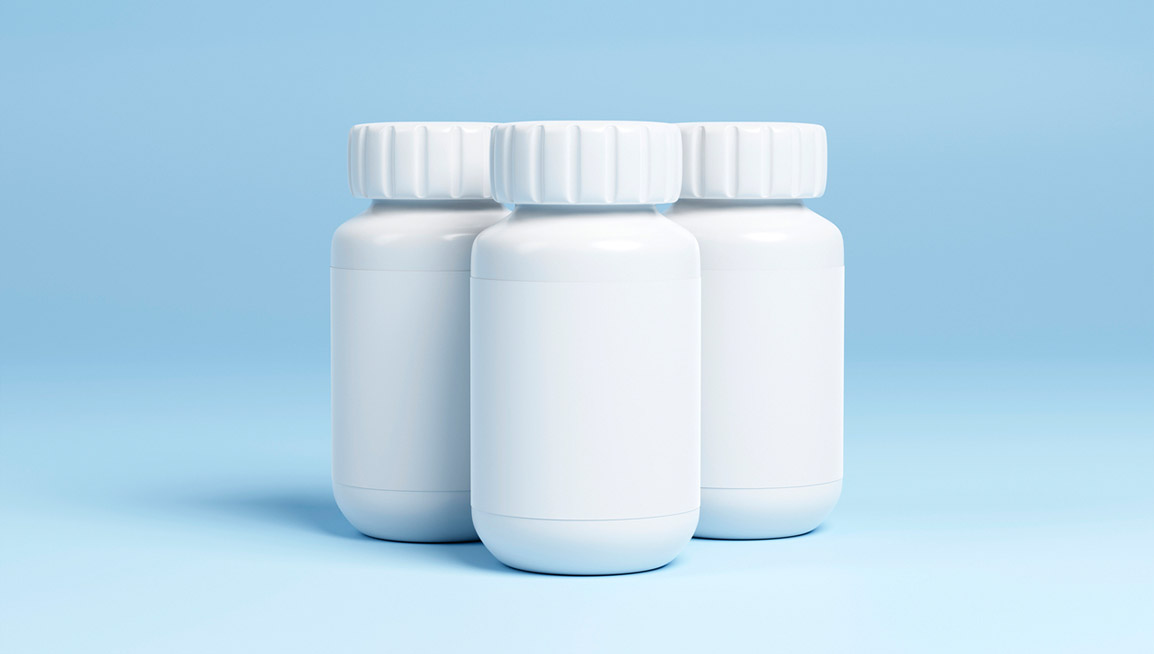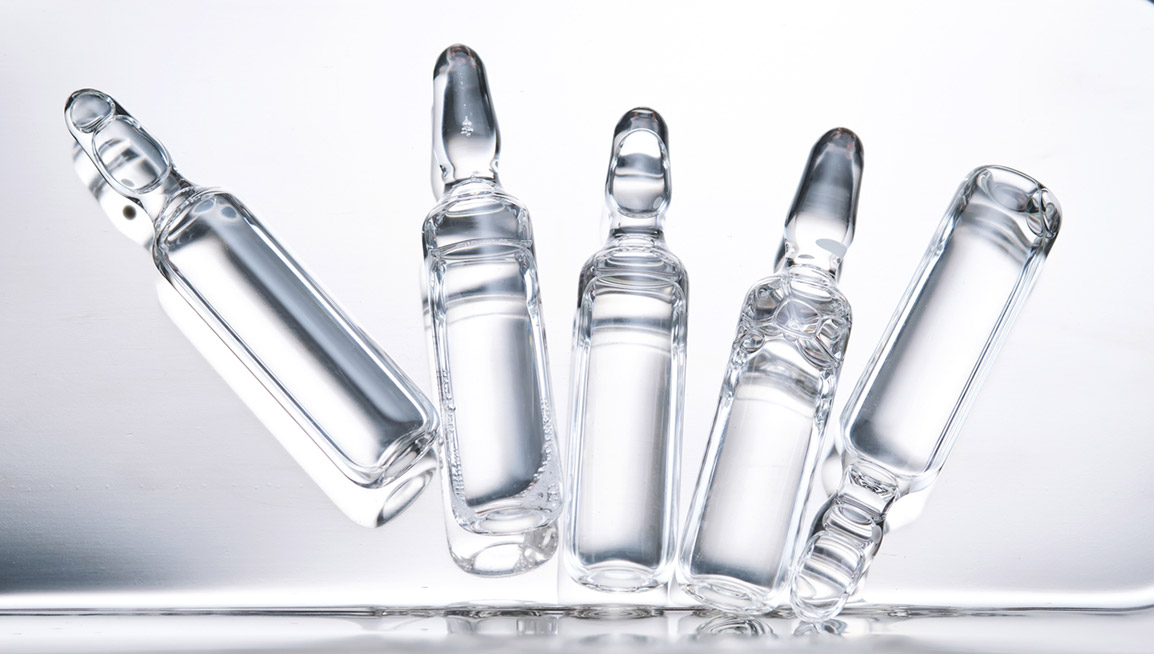 https://www.sfamgroup.com/wp-content/uploads/2025/09/eco-friendly-packaging-for-medicines-in-glass.jpg
654
1154
SFAM
https://www.sfamgroup.com/wp-content/uploads/2024/06/logo-sfam.svg
SFAM2025-09-11 17:19:452025-09-11 17:19:45Eco-design and sustainability in pharmaceutical packaging: the role of glass
https://www.sfamgroup.com/wp-content/uploads/2025/09/eco-friendly-packaging-for-medicines-in-glass.jpg
654
1154
SFAM
https://www.sfamgroup.com/wp-content/uploads/2024/06/logo-sfam.svg
SFAM2025-09-11 17:19:452025-09-11 17:19:45Eco-design and sustainability in pharmaceutical packaging: the role of glassWhat is a glass ampoule? Its role in pharmaceutical and nutraceutical packaging
For several decades, the use of glass ampoules has been widespread in the pharmaceutical and nutraceutical industries. They are used to package sensitive pharmaceutical and nutraceutical products, such as drugs or liquid dietary supplements. Glass ampoules ensure optimal preservation, mainly thanks to the chemical inertness of glass, which does not interact with active substances.
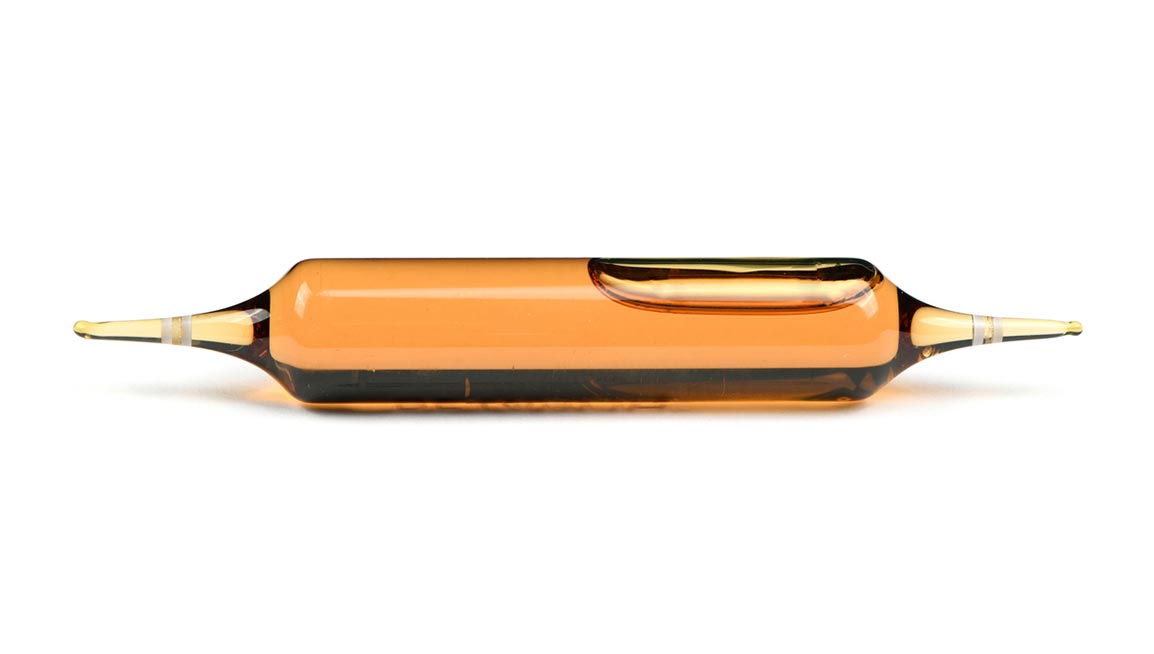
For several decades, the use of glass ampoules has been widespread in the pharmaceutical and nutraceutical industries. They are used to package sensitive pharmaceutical and nutraceutical products, such as drugs or liquid dietary supplements. Glass ampoules ensure optimal preservation, mainly thanks to the chemical inertness of glass, which does not interact with active substances.
In this article, we shall explore the relevance of glass ampoules as a primary packaging solution in the pharmaceutical and nutraceutical sectors.
1. What is a glass ampoule, and how does it work?
a. Definition of a glass ampoule
An ampoule is a small glass container, typically used to hold a single dose of liquid.
The double-tip glass ampoule is characterized by its tubular shape sealed at both ends. This specific format is designed to ensure perfect air tightness and preserve the integrity of the contents until opened.
It is used as primary glass packaging for sensitive substances that require maximum protection from air, light, or moisture.
It is commonly used as a packaging solution in the pharmaceutical and nutraceutical industries, particularly for oral solutions or topical applications.
b. Types of pharmaceutical glass (Type I and Type III)
The choice of ampoule material is essential to ensure the stability of the contained products. Ampoules are made from pharmaceutical-grade glass, such as:
- Type I glass (borosilicate glass), which offers very high chemical resistance and is suitable for highly sensitive active substances.
- Type III glass (soda-lime glass), used for less reactive products.
These types of glass comply with the requirements of the European Pharmacopoeia. They are chemically inert, resistant to high temperatures, and do not interact with the contents. This neutrality helps ensure the quality and safety of the final product.
c. Vacuum filling of glass ampoules
The double-tip glass ampoule is the only ampoule format compatible with vacuum filling. This process allows for the rapid and simultaneous injection of liquid into a large number of ampoules while removing any air inside.
This filling method offers several advantages:
- Preservation of the contents, thanks to an oxygen-free environment.
- Sterile packaging, with no contact with the external environment.
- High production speed, suitable for large-scale manufacturing.
This process is particularly suitable for liquid products that are unstable when exposed to oxidation or sensitive to contamination.
To learn more about the manufacturing of double-tip ampoules, read our full article.
2. Why are ampoules used in the packaging of nutraceutical and pharmaceutical products?
a. Protection of active substances from air, light, and moisture
Nutraceutical and pharmaceutical products often contain ingredients that are sensitive to oxygen, moisture, or light.
Thanks to its airtight seal and the chemical inertness of glass, the glass ampoule provides an effective physical barrier against these external elements, protecting the contents from contamination and oxidation. It is especially recommended for unstable formulations or those requiring long-term preservation without loss of efficacy.
b. Preservative-free protection with excellent shelf life
The use of ampoules often eliminates the need for chemical preservatives. Thanks to vacuum packaging or a protective atmosphere combined with the ampoule’s airtight seal, the formula remains stable over time.
This packaging method meets the growing market demand for more natural products, free from unnecessary additives. It also ensures a longer shelf life while preserving the product’s original composition.
c. The single-dose format: convenience, hygiene, and precise dosing
The ampoule is a single-dose format that offers several advantages:
- It ensures precise, ready-to-use dosing.
- It prevents cross-contamination or alteration between uses.
- It is easy to transport and use, especially on the go.
- It allows for reliable, clean, and effective product intake.
d. Compliance with industry quality and regulatory requirements
The pharmaceutical and nutraceutical industries are subject to strict requirements: traceability, microbiological quality, and compliance with Good Manufacturing Practices (GMP). The pharmaceutical-grade glass used for ampoules complies with the standards of the European Pharmacopoeia.
In addition, single-dose packaging reduces the risk of contamination after opening, making it easier to meet health and safety regulations.
Furthermore, the use of glass ampoules meets the various quality requirements of ISO 15378. To learn more about ISO 15378, read our dedicated article.
3. Practical applications in the pharmaceutical and nutraceutical industries
a. Oral, or topical pharmaceutical products
In the pharmaceutical industry, ampoules are a standard to ensure absolute sterility until opened and offer optimal protection for active ingredients.
Oral ampoule formulations are widely used, especially for paediatric or geriatric treatments, where liquid intake is more suitable.
Finally, topical products (for skin application) can also be packaged in ampoules such as antiseptic solutions, dermatological care, or hair treatments. The single-dose format prevents contamination between uses.
b. Liquid dietary supplements: vitamins, trace elements, plant extracts
In the dietary supplements sector, ampoules are commonly used for concentrated liquid formulations. They are found in products containing:
- Vitamins (C, D3, B12, etc.) for rapid action.
- Trace elements such as zinc, selenium, or copper.
- Plant extracts like ginseng, passionflower, artichoke, or turmeric.
Oral administration in liquid form allows for increased bioavailability, especially valued for active ingredients requiring rapid absorption.
Single-dose ampoule packaging ensures easy use, eliminates the risk of errors or overdosing, and simplifies treatment regimens as part of a daily program.
c. Wellness, beauty, and functional nutrition products
Beyond medical uses, ampoules are highly valued in wellness and beauty sectors. They are used for premium formulations aimed at improving vitality, skin, hair, and nail quality. Active ingredients may include marine collagen, hyaluronic acid, antioxidants (such as resveratrol), or targeted plant extracts.
In functional nutrition, ampoules provide an effective solution for specific needs such as energy, sleep, digestion, and detoxification).
For many years, glass ampoules have established themselves as an essential primary packaging solution in the pharmaceutical and nutraceutical sectors. Airtight, inert, and sterile, it effectively protects active ingredients sensitive to air, light, or moisture.
Its single-dose format offers practical, hygienic, and secure use, while its compatibility with vacuum filling makes it a preferred solution for preservative-free pharmaceutical and nutraceutical products.
Today, the glass ampoule remains a solution well-suited to emerging market demands: naturalness, personalization, simplicity, and portability. Thus, it stands out as a modern, efficient, and sustainable format, aligned with the current challenges of the health industry.
